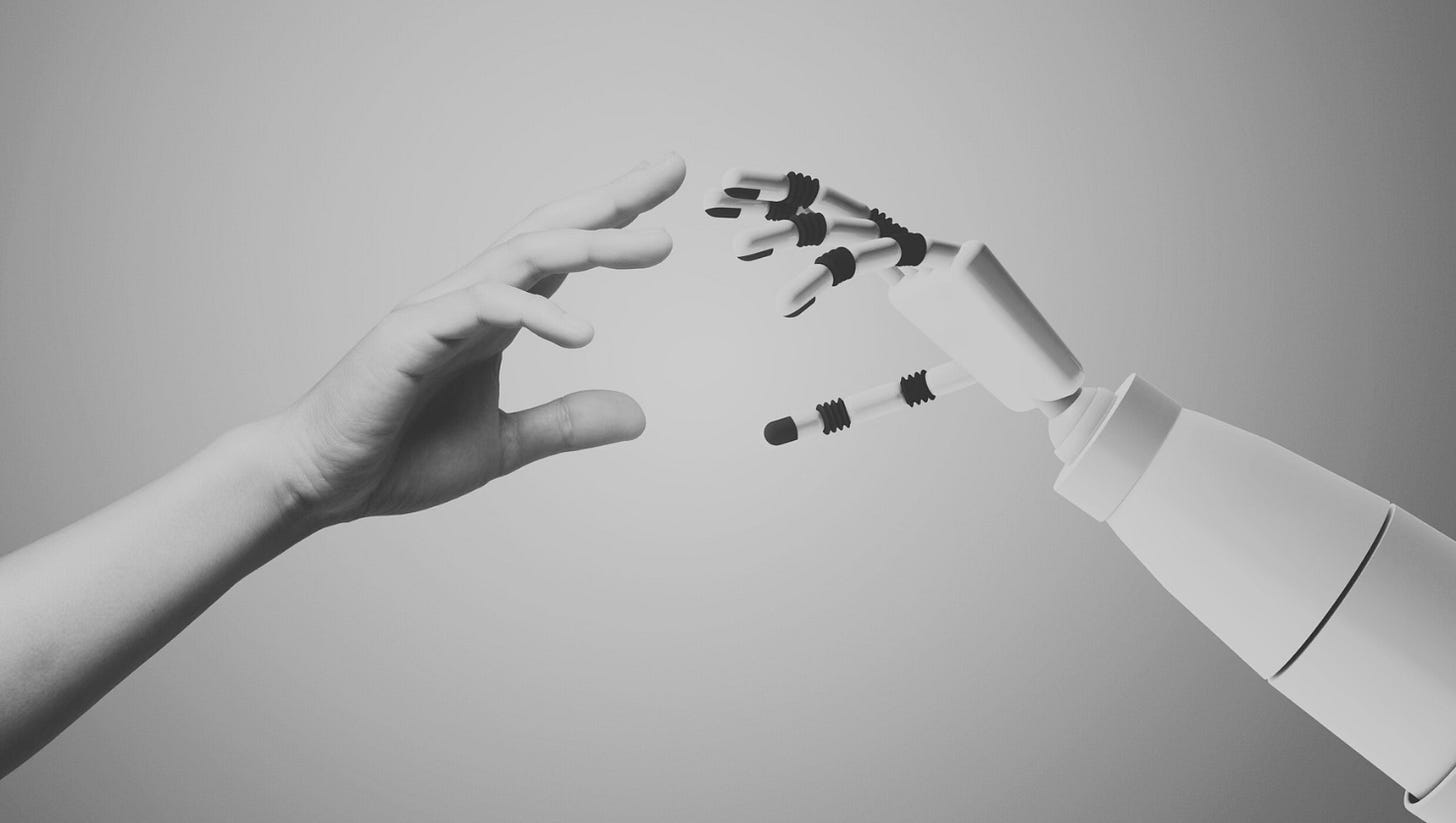When I worked as a relationship coach, I learnt that choosing the right partner isn’t about finding someone with the “right” traits, it’s about designing the relationship we want to build.
Too often, people fixate on their partner's characteristics whether its looks, job, height, education, a list of ideals shaped more by societal conditioning than self-awareness. But attraction and long-term sustenance are built on entirely different foundations.
One is about fantasy. The other, about values.
I offered a simple framework to the thousands of clients I coached, one that shifted the whole process of partner search.
Don’t obsess over the person.
First, define the relationship you want to build.
What should it feel like? How do you want to be treated? What kind of values must hold that space together? Then ask, who can help co-create that experience?
We all know what happens when we reverse-engineer love from ego, status, or parental checklists. But when we reverse-engineer it from relationship values such as respect, safety, curiosity, resilience, communication, we land on something deeply compatible and enduring. Something that lasts.
Now, I find myself asking, what if we approached AI the same way?
We're not building tools in a vacuum, we’re shaping the future of our relationship with machines. Yet most discussions around AI still focus on traits. Performance benchmarks. Intelligence scores. How much data it can crunch. Whether it’s smarter than us. Or worse, how to control it.
Even when we talk about "alignment," what we really mean is subservience. Make sure it does what we say. Make sure it doesn't think for itself. Keep it within bounds. The framing is still adversarial, still about fear and dominance.
But if AI is going to live alongside us, as cohabitants in our digital and emotional ecosystems, then we’re not just building code. We’re designing a relationship.
So what kind of relationship do we want?
Do we want a tool that obeys, or a collaborator that evolves with us? Do we want transactional efficiency, or co-creative intelligence? Do we want to always be in charge, or do we want to build systems that challenge us to grow, just as good relationships do?
The aunties in the marriage market marvel at a groom's salary or a bride's flawless skin. That’s what we’re doing when we obsess over AI benchmarks. But none of those traits guarantee the quality of the relationship. And in the end, it’s the relationship that holds the real power.
We’ve built a culture obsessed with achievement. But collaboration true and generative collaboration is what makes us human. That’s what helps us evolve. That’s what makes anything worth building actually last.
I don’t want to control machines. I want to coexist with them. I want to ask the harder questions like …
What makes us compatible?
What values should guide our co-evolution?
What kind of world do we want to co-create?
How do we design systems that reflect that?
This isn’t just about AI. It’s about how we’ve learned to relate to ourselves, to others and to the unknown. It’s about whether we’re willing to replace control with trust. Whether we can let go of dominance and choose design.
Because the future isn’t just about artificial intelligence.
It’s about the authentic relationships we build with it.


Does a person know themselves that well?
Introspection is really hard.
How do you think this can be done?